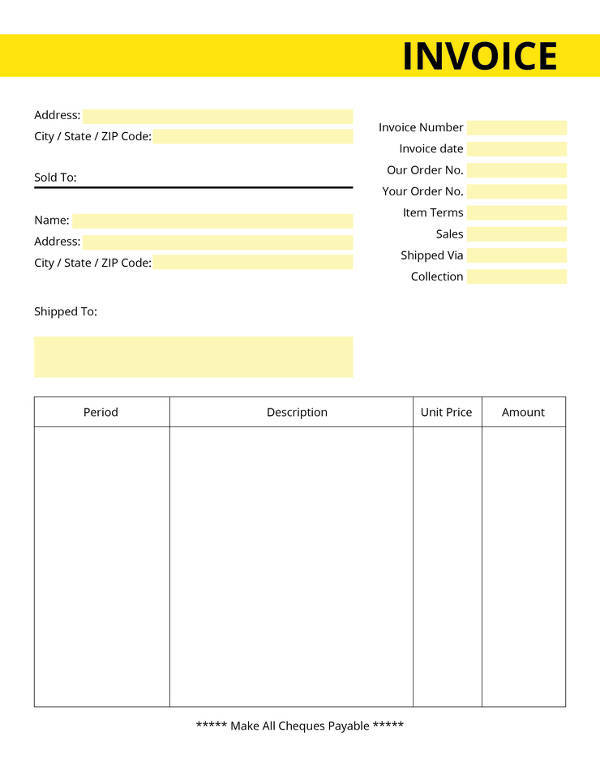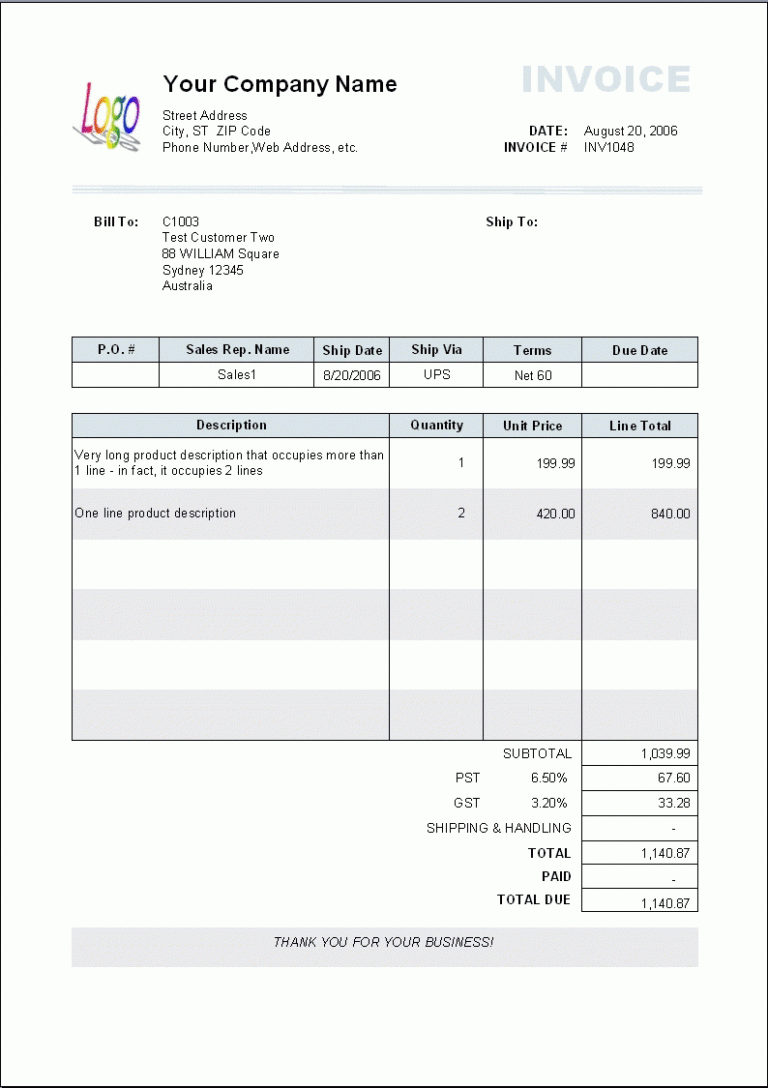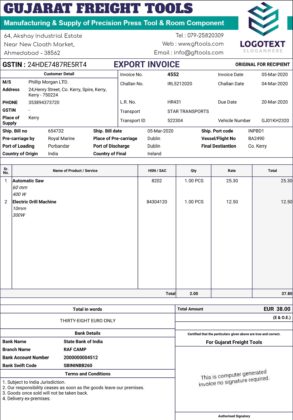
Avoid small office shredders, because they could easily leave you vulnerable. This provider should be able to show you that your matter has been completely destroyed, and supply you with a Certificate of Destruction. If you are keeping paper business records that can be destroyed after a certain period of time, make sure you do it with a reputable shredding company. Tip 7 | Lastly, make sure you properly shred any paper documentation
SHOULD I SHREAD BUSINESS BILLING INVOICES PASSWORD
These passwords are as important as your online accounting services password – so keep it secure. With the importance of social media platforms, and their relevance for business perception, the last thing that businesses want is for someone else to be posting content that could be derogatory, defamatory, or damaging in some way. Tip 6 | Protect your social media platform passwords Additionally, would-be thieves could call asking for your company’s billing information – be wary who you give this out to.

If your accounting department receives an invoice for goods that were never received or ordered, or even duplicates of invoices that were already paid, you could be getting scammed. Use a long, unique random password, and then incorporate platforms like Lastpass, Dashlane to keep them even more secure. Having passwords like these are just helping unsavoury types access data – it makes it so easy for them. Passwords like 123456, qwerty, password and 123123 are in the top 10 of the most used. The most common passwords are really easy to guess. Having this in place also means that when an employee leaves the company, their accounts can quickly be turned off or deleted, meaning that any prying eyes don’t have a chance to take a peep at sensitive client or employee information. Every employee should have individual user names and passwords, and these should never be shared between users. This is relevant for both paper files and electronic filing systems. Set up a system of access within your business relevant to seniority and responsibility. Tip 3 | Don’t let EVERYONE have access to EVERYTHING

This will help you spot anything suspicious, and you can block would-be thieves in their tracks. Make sure your banking system is set up to alert you should there be any alarming or unusual activity. Tip 2 | Keep an eye on Business banking activity Only a select and registered number of people should be able to access this information. Any records that you need to keep, for example, client details, employee records etc, should be securely locked away. Tip 1 | Have a ROBUST and SECURE Filing SystemsĪs much as we would all like to have paperless offices, there are still going to be some things that need printed copies. Let’s go through everything that you need to know to protect your business from identity theft, and the associated fallout that can ensue. Think of it as another form of insurance – you never know when you might need it, but if you’re not prepared, then you are compromised, and well, that’s going to hurt.

You can never know when it might happen, and although putting procedures in place to protect yourself can take a small amount of time, without the right processes your business is left exposed and vulnerable.

It can happen to businesses of any size, and is generally larger scale than personal identity theft, with the ability to affect both employees and clients. Have you ever thought though that the same levels of havoc can happen to businesses through data breaches?īusiness identity theft, or corporate or commercial identity theft, means that your business has been illegally impersonated for criminal advantage. We hear this term bandied about constantly, but mostly, those stories are about personal identity theft.


 0 kommentar(er)
0 kommentar(er)
